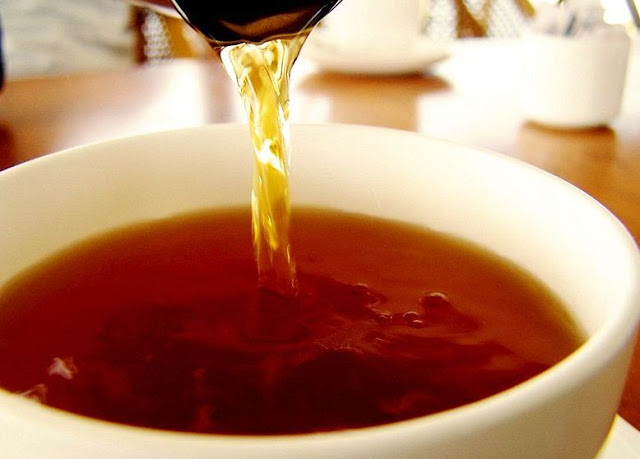
The well-known cancer-healing formula Essiac, based on an old Ojibwa recipe, was brought to the modern world by the Canadian nurse Rene Caisse in the 1920’s. What is inside Essiac that makes it so effective and why don’t more people know about its almost-magical ability to heal cancer? The answer may surprise you … Essiac Tea has a colorful history Close to 100 years ago, nurse Rene Caise got word that a woman she knew had been cured of breast cancer by using an ancient Native American remedy based on local herbs. Intrigued, she investigated. Little did she know, Caisse was to spend the next fifty years researching and administering “Essiac” tea. Can you tell where the name comes from? Essiac is Caisse spelled backwards! […] Read More

